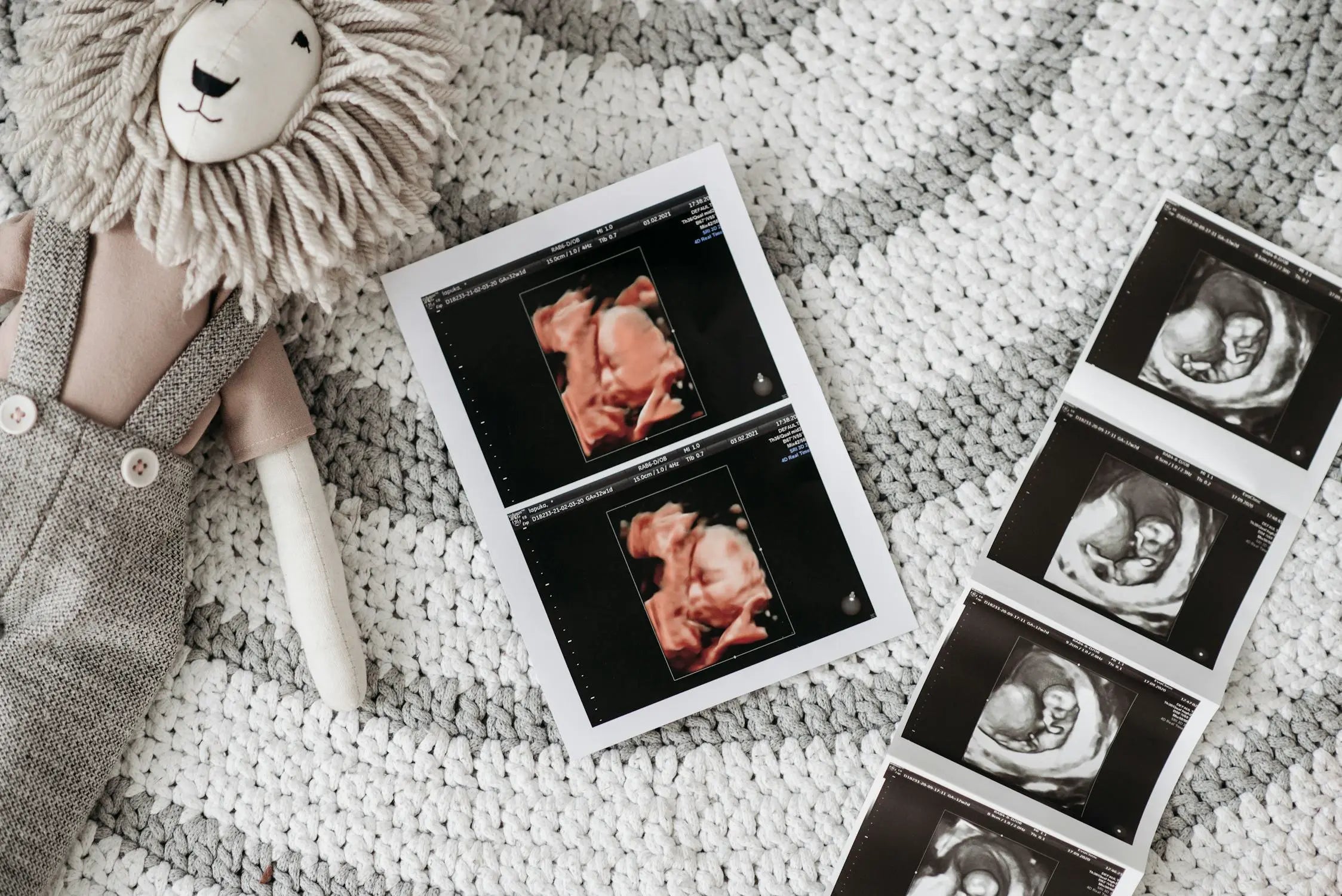Home
Pregnancy, Breastfeeding, and Pumping: The Ultimate Guide for Moms
Would an Ectopic Pregnancy Show Up on a Test: What You Need to Know

Would an Ectopic Pregnancy Show Up on a Test: What You Need to Know
When it comes to pregnancy, the excitement of a positive test can quickly turn to concern if something seems off. One of the most pressing questions many women have is: would an ectopic pregnancy show up on a test? The answer is more complex than a simple yes or no. Understanding the nuances of ectopic pregnancies, how they are detected, and what steps to take if you suspect one is crucial for your health and peace of mind.
What Is an Ectopic Pregnancy?
An ectopic pregnancy occurs when a fertilized egg implants and grows outside the main cavity of the uterus. Most commonly, this happens in the fallopian tube, which is why it is often referred to as a tubal pregnancy. However, in rare cases, the egg can implant in other areas, such as the ovary, abdominal cavity, or cervix. Ectopic pregnancies are not viable and can pose serious health risks if not treated promptly.
Would an Ectopic Pregnancy Show Up on a Test?
Yes, an ectopic pregnancy would show up on a standard pregnancy test. These tests detect the presence of the hormone human chorionic gonadotropin (hCG), which is produced by the placenta after a fertilized egg implants in the uterus. Since hCG is produced regardless of where the egg implants, a pregnancy test will be positive in the case of an ectopic pregnancy. However, the levels of hCG may rise more slowly than in a normal pregnancy, which can sometimes be a clue that something is wrong.
How Is an Ectopic Pregnancy Diagnosed?
While a positive pregnancy test can indicate pregnancy, it cannot confirm whether the pregnancy is ectopic. To diagnose an ectopic pregnancy, healthcare providers typically use a combination of methods:
- Blood Tests: Repeated blood tests to measure hCG levels can help determine if the pregnancy is progressing normally. In an ectopic pregnancy, hCG levels may not double as expected.
- Ultrasound: A transvaginal ultrasound is often used to locate the pregnancy. If the pregnancy cannot be seen in the uterus, it may be ectopic.
- Pelvic Exam: A physical exam can sometimes reveal tenderness or a mass in the pelvic area, which may suggest an ectopic pregnancy.
Symptoms of an Ectopic Pregnancy
Recognizing the symptoms of an ectopic pregnancy is crucial for early detection and treatment. Common symptoms include:
- Abdominal or pelvic pain, often on one side
- Vaginal bleeding or spotting
- Shoulder pain, which may indicate internal bleeding
- Weakness, dizziness, or fainting
If you experience any of these symptoms, especially if you have a positive pregnancy test, seek medical attention immediately.
Risks and Complications
Ectopic pregnancies can lead to serious complications if not treated promptly. The most significant risk is rupture of the fallopian tube, which can cause severe internal bleeding and is a medical emergency. Other potential complications include:
- Damage to the fallopian tube, which can affect future fertility
- Infection
- Shock due to blood loss
Treatment Options
The treatment for an ectopic pregnancy depends on several factors, including the size and location of the pregnancy, the level of hCG, and the overall health of the patient. Common treatment options include:
- Medication: A drug called methotrexate is often used to stop the growth of the pregnancy and allow the body to absorb the tissue.
- Surgery: In cases where the fallopian tube has ruptured or is at risk of rupturing, surgery may be necessary to remove the pregnancy and repair or remove the affected tube.
- Expectant Management: In some cases, if the ectopic pregnancy is very early and the patient is stable, doctors may choose to monitor the situation closely without immediate intervention.
Preventing Ectopic Pregnancies
While it is not always possible to prevent an ectopic pregnancy, there are steps you can take to reduce your risk:
- Practice safe sex to reduce the risk of sexually transmitted infections, which can cause pelvic inflammatory disease and increase the risk of ectopic pregnancy.
- Seek prompt treatment for any pelvic infections.
- If you have a history of ectopic pregnancy, discuss your risk factors with your healthcare provider before trying to conceive again.
Emotional Impact and Support
An ectopic pregnancy can be emotionally devastating, especially if it results in the loss of a pregnancy or affects future fertility. It is important to seek support from loved ones, support groups, or mental health professionals to help cope with the emotional impact. Remember, you are not alone, and there are resources available to help you through this difficult time.
Understanding whether an ectopic pregnancy would show up on a test is just the first step in navigating this complex and often challenging situation. Early detection, prompt treatment, and emotional support are key to managing an ectopic pregnancy and protecting your health. If you suspect you may have an ectopic pregnancy, do not hesitate to seek medical attention—your health and well-being are worth it.
Share
